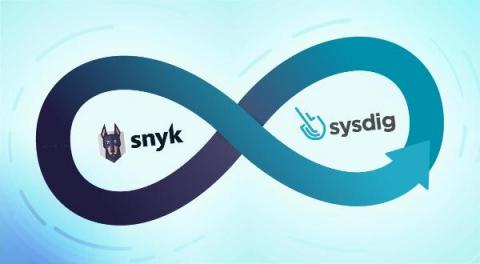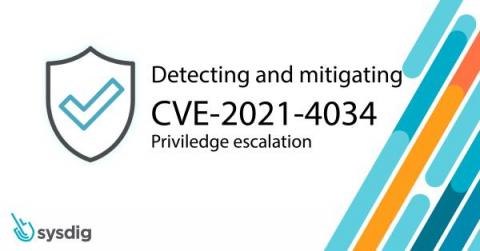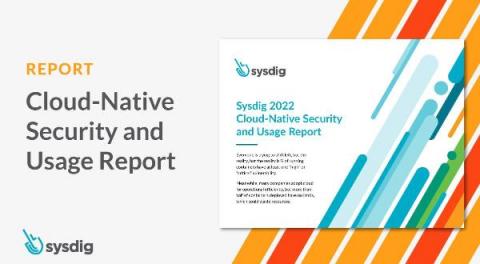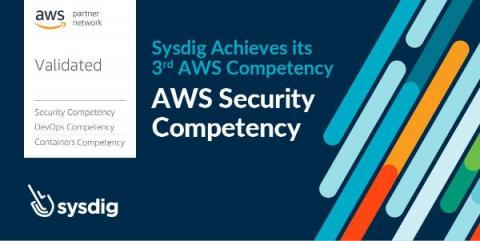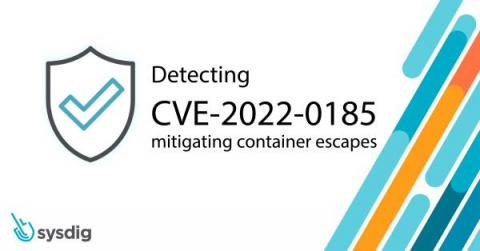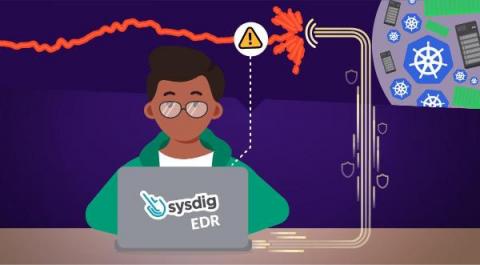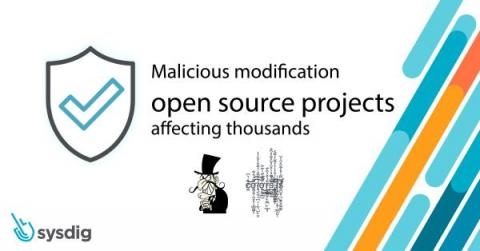Sysdig and Snyk use runtime intelligence to eliminate vulnerability noise
One of the greatest challenges in cloud environments today is to ensure rapid development cycles while keeping up with security vulnerabilities. Sysdig and Snyk announced today a partnership to deliver integrated code to container runtime security that eliminates up to 95% of vulnerability alert noise, optimizes remediation, and protects runtime. Developers can be fast with security barriers removed, and yet without sacrificing security.


